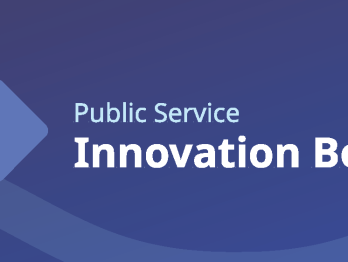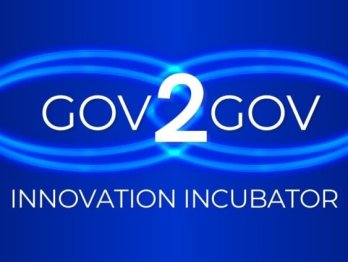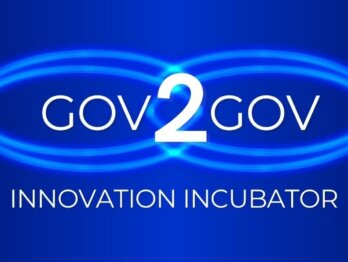How can we engage the general public, particularly actors involved in public policies, in common data spaces? Insights from Ecolab (France)

This blog is part of a series on the experiences and results of the government teams which participated as “challenge owners” in the OECD Gov2Gov Innovation Incubator. They were prepared by the teams themselves in order to offer first-hand accounts of their expectations, learnings, pain points, and overall assessment of the initiative. Written by Paul GRIGNON, Project manager Data-AI & Behavioral Science at Ecolab (CGDD/SRI), French Ministry of Ecological Transition.
This was the innovation challenge originally proposed by Ecolab, the innovation laboratory of the French Ministry of Ecological Transition (see Box 1 for details). While relying on data can be key to optimize public action, onboarding non-expert users can be difficult. First of all, data is often seen as something abstract and technical. Then, the link between data and the potential uses and the insights it generates can be difficult to perceive.
Participating in the OECD Gov2Gov Innovation Incubator offered a unique opportunity to engage with the innovation challenge of highlighting the importance of data and raising awareness of its usefulness. This question is key to facilitate the deployment of associated tools and services produced to foster the use data for the ecological transition.
About Ecolab
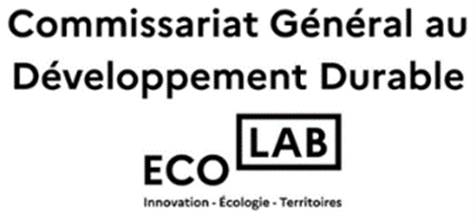
Ecolab is an innovation laboratory located within the General Commissariat for Sustainable Development (CGDD), a cross-departmental direction of the Ministry in charge of ecological transition enlightens and feeds, through the production of data and analyses, the action of the Ministry.
Among others, Ecolab supports and incubates projects using data, works on the use of frugal AI for the ecological transition, and is responsible for animating the greentech ecosystem, which includes detecting and supporting start-ups and SMEs with innovative solutions that have the potential of accelerating ecological transition.
The Green Data for Health (GD4H) initiative initiated by Ecolab has been selected as a field of experimentation. In the context of the platform, the challenge was to enhance the engagement of non-data experts. In particular, the objective was to make the platform better at collecting and handling uses obtained thanks to the source data referenced in the online catalogue. This goal implied working on raising awareness of the usefulness of data among public actors who are not familiar with data.
About Green Data for Health
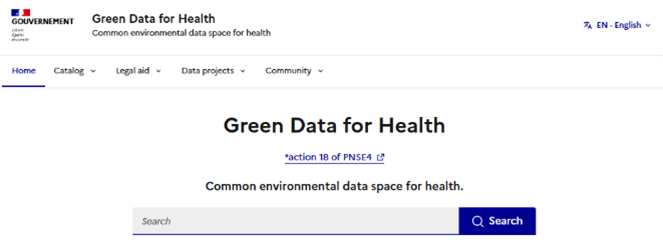
The Green Data for Health (GD4H) is an initiative built around an online platform and aims at fostering the use of data to better understand the impact of environmental factors on health (through a data catalog, some legal tools, some projects using data).
Benefits of sharing knowledge and experience with international solution providers
Two solution providers have been identified to explore effective strategies answering the question raised : the London Office of Technology and Innovation (LOTI) and Finland’s VATT.
The collaborative aspect of the programme was key, allowing the sharing of methodological resources, experiences, and new ideas. For instance, LOTI’s expertise on digital inclusion allowed to think “out of the box” by questioning the extent to which some insights could be connected with regard to the question raised. In terms of types of solutions to consider, Finland’s Data Room suggested a complementary perspective to test that allowed us to enhance the prototyping exercise.
Better knowing end users, imagining solutions, and refining hypotheses
Among the results generated, the incubation process allowed us to better understand the target local actors which were not familiar with data, and to make emerge different solution scenarios aiming at fostering engagement on the GD4H platform. The incubator also enabled us to explore different ways to engage such actors, as well as to prototype and run some first user tests. All this allowed us to tailor our hypotheses. Subsequent tests could then refine them iteratively to generate fresh insights.
Participating in the incubator as a key asset to foster public sector innovation
Beyond the already mentioned benefits, working with short run cycles and advancing quickly on an innovation challenge with a structured process allowed to accelerate our reflections.
While Ecolab projects are guided by service design and user-centered approaches, the incubator played a crucial role in deepening our understanding of emerging target audiences. The programme helped us question and clarify the different types of actors implicit in the challenge and to deepen their underlying interests and motivations. For instance, distinguishing between local administrative actors and elected representatives was essential to refine the strategic levers that need to be pulled for specific solutions to be tested.
Encouraging out-of-the-box thinking and embracing new perspectives, the participation in such an incubation process also enabled us to gain fresh insights, step back for broader reflection, and forge new connections between innovative ideas and existing actions. For example, we made a connection with the “Data Bouquets” feature that was being developed on the platform, given the similarities in terms of objectives. “Data Bouquets” consist in a step-by-step user journey designed to spark interest in data, by first considering data potential applications based on the users’ needs, and by identifying the most relevant datasets accordingly.
Do you want to know more or get in touch with the team? Feel free to write directly to [email protected]
This project and blog are funded by the European Union. Its contents are the sole responsibility of the OECD and do not necessarily reflect the views of the European Union.


